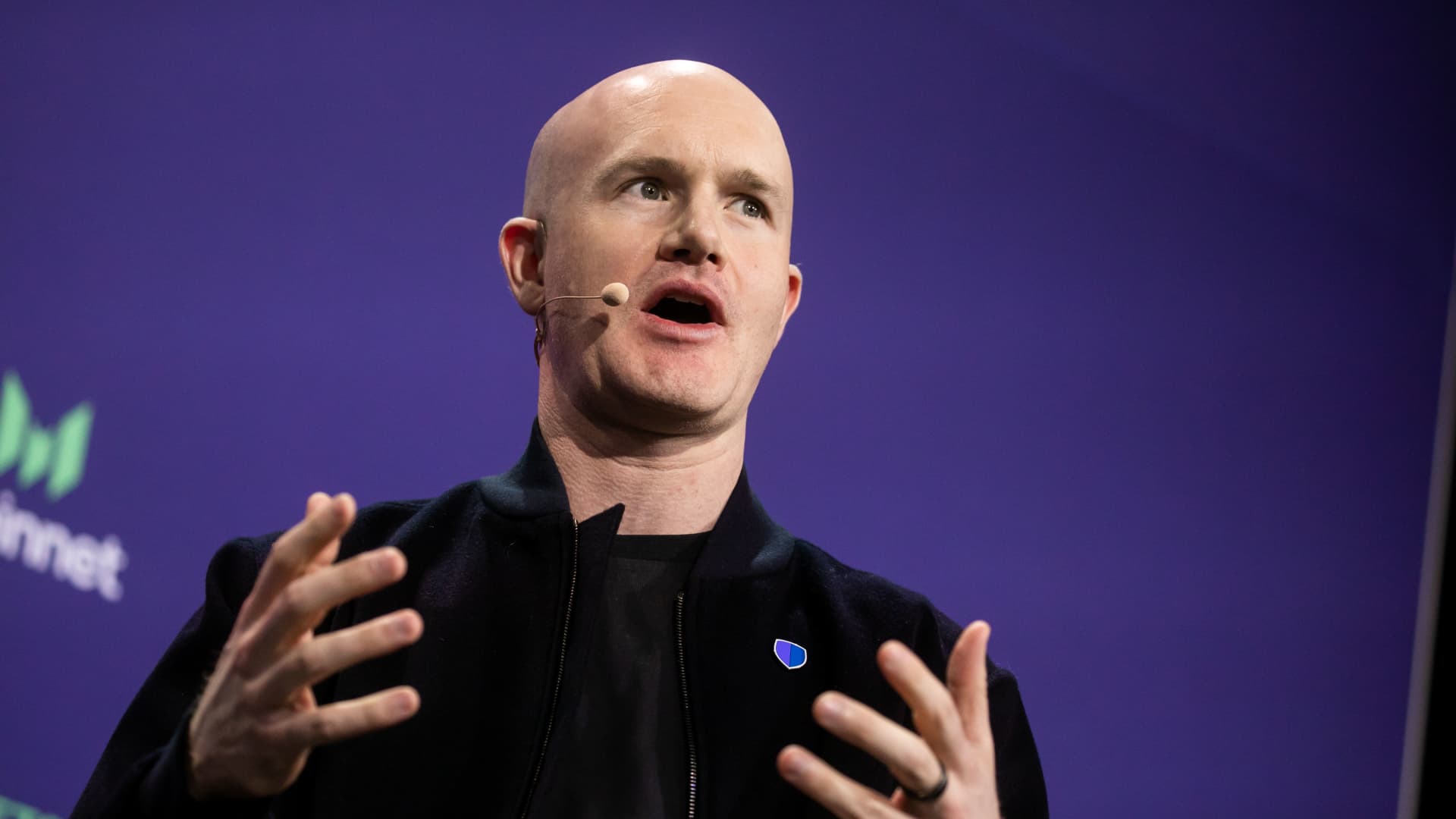High inflation means bigger cost of living adjustments (COLA) but not enough to make ends meet, seniors fear. (iStock)
A spike in inflation in March means seniors who draw Social Security benefits could see a high cost of living adjustment (COLA) in 2025, the Senior Citizens League (TSCL) said in a recent report.
March inflation grew at a faster rate than anticipated. Consumer prices rose 3.5%, more than the 3.2% growth in February and above the 3.4% growth economists had expected, according to the Consumer Price Index (CPI) released by the Bureau of Labor Statistics (BLS). As a result, TSCL adjusted its 2025 COLA estimate for Social Security benefits to increase by 2.6%, up from its previous forecast of 1.75%. COLA is ultimately calculated based on inflation during the third quarter.
However, the increased adjustment would still fall short of what seniors surveyed by TSCL said they needed to cover their living costs in the current high-cost environment. Nearly three out of four respondents (71%) said their household costs exceeded the 3.2% COLA they received for 2023.
“If the COLA increases by 2.6%, that will be an approximately $45 increase,” TSCL Executive Director Shannon Benton said. “What can you buy for that? Not much. From long-term dwindling purchasing power to heightened financial uncertainty, the trouble of seniors not being able to make ends meet remains a pressing concern of The Senior Citizens League, and it should be a pressing concern of Congress as well.”
If you want to reduce your monthly expenses, you could consider paying off high-interest debt with a personal loan at a lower interest rate. Visit Credible to speak with a personal loan expert and see if this option is right for you.
AMERICANS TAP INTO SAVINGS AS THEY STRUGGLE WITH INFLATION: SURVEY
Seniors with student loan debt risk Social Security benefit garnishment
Seniors with student loan debt risk having their Social Security benefits withheld if they can’t pay their debt obligations. According to a 2023 report by the think tank New America, roughly 3.5 million Americans 60 and older hold over $125 billion in student loans. Approximately 40% of borrowers aged 65 and older who have federal loans have defaulted.
Social Security beneficiaries risk losing up to 15% of their monthly benefits to pay off their outstanding loans under the Treasury Offset Program (TOP). TOP collects past-due (delinquent) debts (for example, child support payments) that people owe to state and federal agencies.
Sens. Elizabeth Warren, D-Mass., and Ron Wyden, D-Ore., are among several lawmakers pushing for this practice to change.
“When borrowers are in collections, on average, their Social Security benefits are estimated to be reduced by $2,500 annually,” the lawmakers recently wrote in a letter to President Joe Biden. “This can be a devastating blow to those who rely on Social Security as their primary source of income.”
If you’re struggling with private student loan debt, you could consider refinancing to a lower interest rate. Visit Credible to speak with a student loan expert and get your questions answered.
MANY STUDENT LOAN BORROWERS MISSING OPPORTUNITY TO FIND DEBT RELIEF IN SAVE PLAN: SURVEY
Higher COLA means bigger tax bills for some
Taxes are another threat to Social Security benefits, as they are adjusted for COLA. Twenty-three percent of survey participants who received Social Security for three years or more said they paid tax for the first time during the 2023 tax season. This percentage will likely increase this tax season because of the 8.7% COLA increase in 2023.
Social Security benefits are taxed when incomes exceed $25,000. Since the tax became effective in 1984, this fixed threshold has never been adjusted for inflation. Up to 85% of Social Security benefits can be taxable when income exceeds certain thresholds.
If you are retired or are preparing to retire, paying down debt with a personal loan can help you reduce your interest rate and monthly expenses. You can visit Credible to compare multiple personal loan lenders in one place and choose the one with the best interest rate for you.
1 IN 3 AMERICANS MAXING OUT CREDIT CARDS BECAUSE OF INFLATION: SURVEY
Have a finance-related question, but don’t know who to ask? Email The Credible Money Expert at [email protected] and your question might be answered by Credible in our Money Expert column.

 Economics1 week ago
Economics1 week ago
 Personal Finance5 days ago
Personal Finance5 days ago
 Personal Finance7 days ago
Personal Finance7 days ago
 Personal Finance5 days ago
Personal Finance5 days ago
 Economics6 days ago
Economics6 days ago
 Economics6 days ago
Economics6 days ago
 Economics6 days ago
Economics6 days ago
 Finance4 days ago
Finance4 days ago












